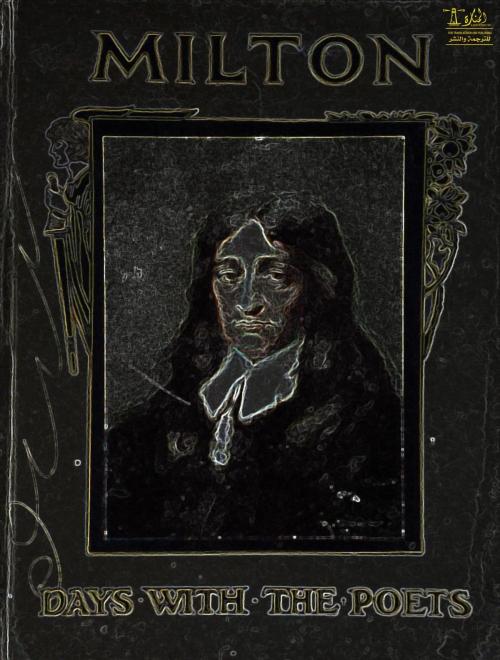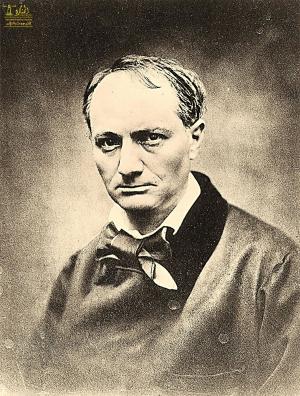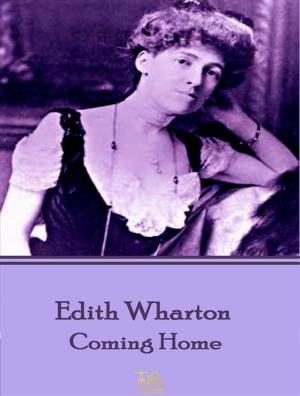A Day with John Milton
Nonfiction, Entertainment, Drama, Anthologies, Fiction & Literature, Literary Theory & Criticism| Author: | May Byron | ISBN: | 9780599460027 |
| Publisher: | Lighthouse Books for Translation Publishing | Publication: | May 19, 2019 |
| Imprint: | Lighthouse Books for Translation and Publishing | Language: | English |
| Author: | May Byron |
| ISBN: | 9780599460027 |
| Publisher: | Lighthouse Books for Translation Publishing |
| Publication: | May 19, 2019 |
| Imprint: | Lighthouse Books for Translation and Publishing |
| Language: | English |
About four o'clock on a September morning of 1665,—when the sun was not yet shining upon his windows facing the Artillery Fields, and the autumnal dew lay wet upon his garden leaves,—John Milton awoke with his customary punctuality, and, true to his austere and abstemious mode of life, wasted no time over comfortable indolence. He rose and proceeded to dress, with the help of his manservant Greene. For, although he was but fifty-four years in age, his hands were partly crippled with gout and chalkstones, and his eyes, clear, bright and blue as they had always been to outward seeming, were both stone-blind.
Milton still retained much of that personal comeliness which had won him, at Cambridge, the nickname of "Lady of Christ's College." His original red and white had now become a uniform pallor; his thick, light brown hair, parted at the top, and curling richly on his shoulders—(no close-cropt Roundhead this!)—was beginning to fade towards grey. But his features were noble and symmetrical; he was well-built and well-proportioned; and he was justified in priding himself upon a personal appearance which he had never neglected or despised. In his own words, he was "neither large nor small: at no time had he been considered ugly; and in youth, with a sword by his side, he had never feared the bravest."
One after another they entered the room, and each bestowed a characteristic greeting upon her father. Anne, the eldest, a handsome girl of twenty, was lame, and had a slight impediment in her speech. She bade him good-morning with a stammering carelessness, enquired casually as to his night's rest, and stared out of window, palpably bored at the commencement of another monotonous, irksome day. Mary, the second,—dark, impetuous, and impatient,—was in a state of smouldering rebellion. She addressed him in a tone of almost insolent mock-civility, —he must needs have been deaf as well as blind not to detect the unfilial dislike beneath her words. Ten-year-old Deborah, the most affectionate of the three, ventured to kiss her father, even to stroke his long, beautiful hair, and to re-tie the tassels of his collar.
About four o'clock on a September morning of 1665,—when the sun was not yet shining upon his windows facing the Artillery Fields, and the autumnal dew lay wet upon his garden leaves,—John Milton awoke with his customary punctuality, and, true to his austere and abstemious mode of life, wasted no time over comfortable indolence. He rose and proceeded to dress, with the help of his manservant Greene. For, although he was but fifty-four years in age, his hands were partly crippled with gout and chalkstones, and his eyes, clear, bright and blue as they had always been to outward seeming, were both stone-blind.
Milton still retained much of that personal comeliness which had won him, at Cambridge, the nickname of "Lady of Christ's College." His original red and white had now become a uniform pallor; his thick, light brown hair, parted at the top, and curling richly on his shoulders—(no close-cropt Roundhead this!)—was beginning to fade towards grey. But his features were noble and symmetrical; he was well-built and well-proportioned; and he was justified in priding himself upon a personal appearance which he had never neglected or despised. In his own words, he was "neither large nor small: at no time had he been considered ugly; and in youth, with a sword by his side, he had never feared the bravest."
One after another they entered the room, and each bestowed a characteristic greeting upon her father. Anne, the eldest, a handsome girl of twenty, was lame, and had a slight impediment in her speech. She bade him good-morning with a stammering carelessness, enquired casually as to his night's rest, and stared out of window, palpably bored at the commencement of another monotonous, irksome day. Mary, the second,—dark, impetuous, and impatient,—was in a state of smouldering rebellion. She addressed him in a tone of almost insolent mock-civility, —he must needs have been deaf as well as blind not to detect the unfilial dislike beneath her words. Ten-year-old Deborah, the most affectionate of the three, ventured to kiss her father, even to stroke his long, beautiful hair, and to re-tie the tassels of his collar.















